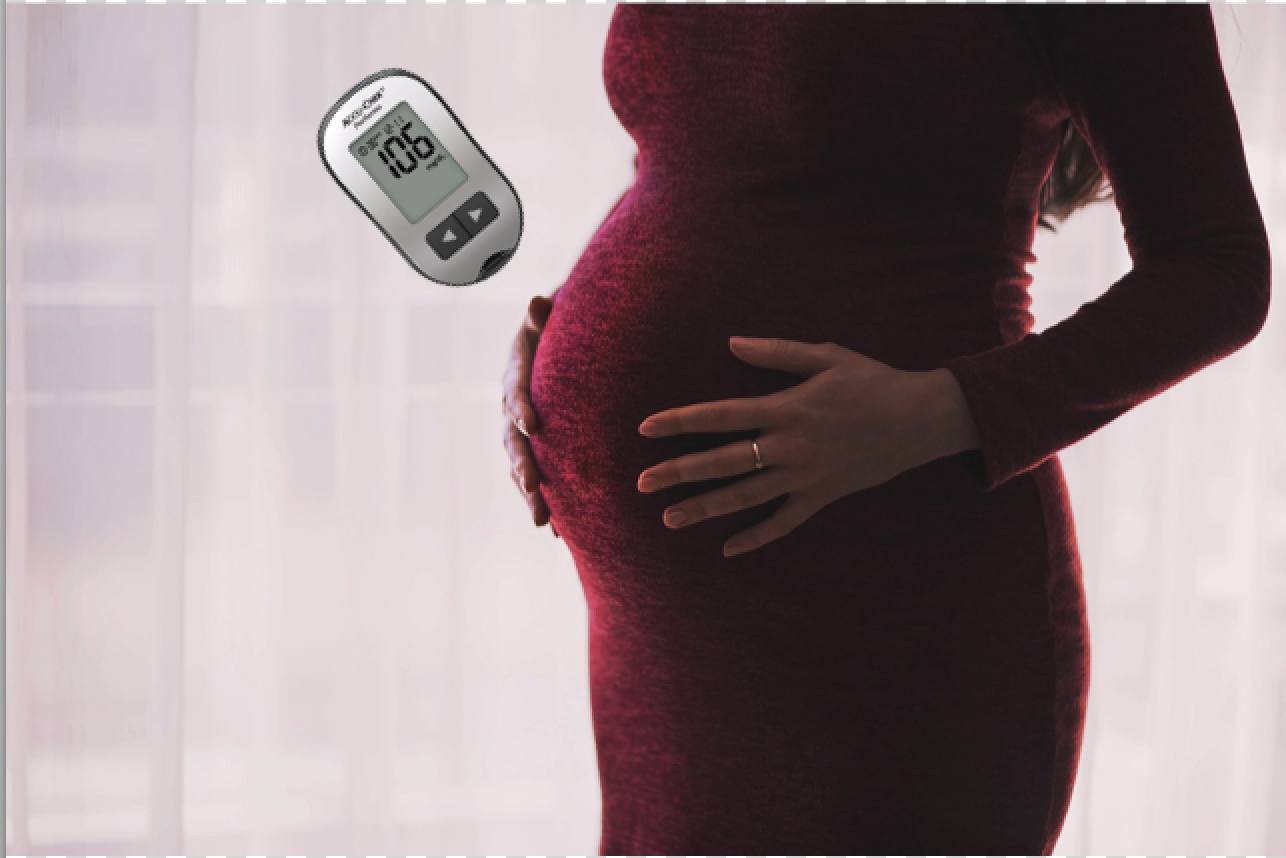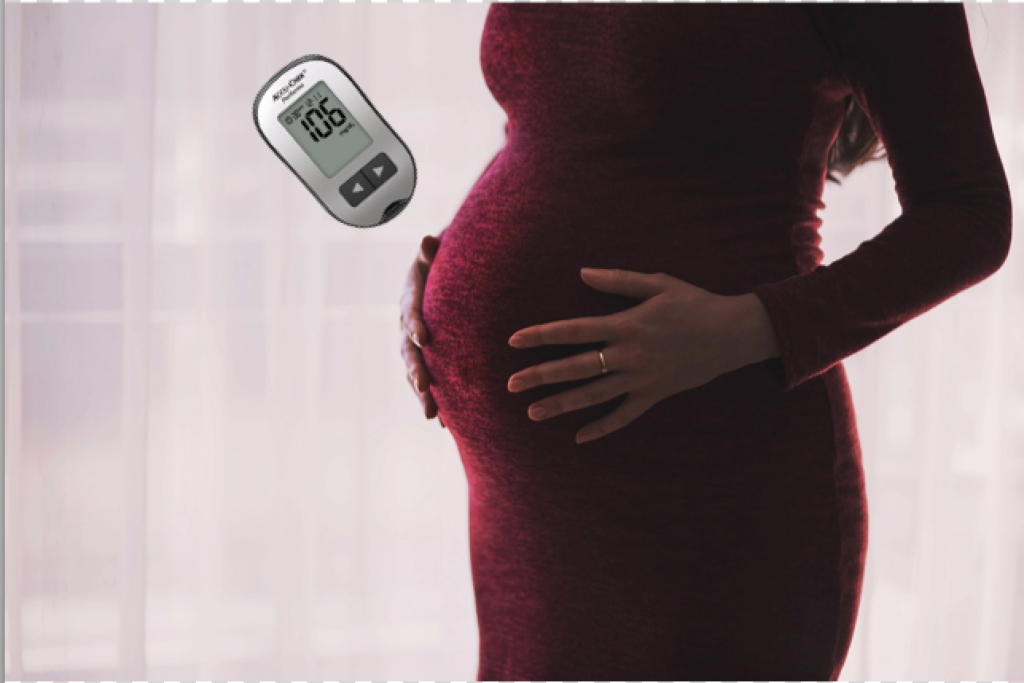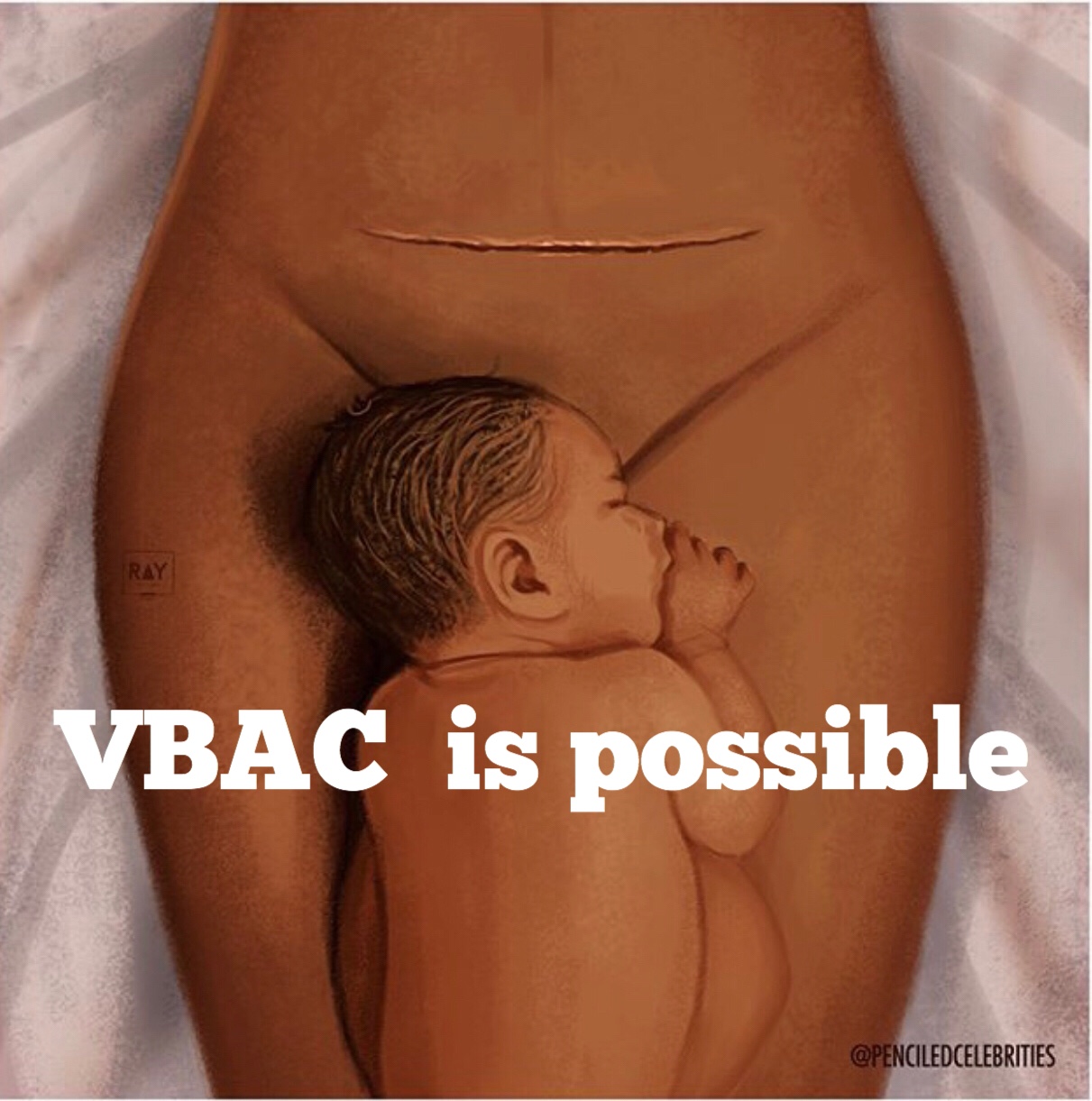
Ways to Avoid Gestational Diabetes Mellitus:
Best Ways to Avoid Gestational Diabetes Mellitus, By Andre Short.

Gestational diabetes mellitus (GDM) is a condition where women experience high blood sugar levels during pregnancy, although they did not have this condition pre-pregnancy. According to a 2014 analysis by the Centers for Disease Control and Prevention, the prevalence of gestational diabetes is as high as 9.2%.
Those at risk for developing GDM are women who:
- Had a previous pregnancy with GDM
- Are overweight or obese
- Have a family history of diabetes
- Are over 25 years old
- Gave birth to a baby weighing over 9 pounds
- Are African American, Hispanic, American Indian, Alaska Native, Native Hawaiian, or Pacific Islander
Managing GDM will help ensure you have a healthy pregnancy and a healthy baby, but avoiding it altogether is ideal, as 50% of women with GDM go on to develop type 2 diabetes.
One of the best ways to avoid GDM is to be aware of it and make modifications to your lifestyle before you become pregnant. If you are overweight prior to pregnancy, weight loss is something that may help prevent GDM. However, trying to lose weight if you are already pregnant is not ideal, unless you are under the supervision of a maternity nutritionist. High rates of weight gain during pregnancy, especially in the first trimester, may increase your risk of GDM. In a study conducted with 1,145 women, researchers found that rapid gestational weight gain in early pregnancy may result in an early increase in insulin resistance that leads to the “exhaustion” of the B cell. This can lead to a decreased level of secreted insulin, which therefore progresses to GDM.
Making simple changes to your diet pre-pregnancy or during pregnancy can have huge effects in decreasing your risk for GDM. Low fiber and high glycemic index foods can increase the risk of developing GDM, while eating a diet rich in protein may help reduce the risk of GDM.
DON’T MISS: PREECLAMPSIA SURVIVOR SHARES HER STORY
Regular physical activity pre-pregnancy will also help decrease your risk for GDM during pregnancy. One study showed that women who participated in any recreational physical activity during the first 20 weeks of pregnancy experience a 48% reduction in risk of developing GDM compared to inactive women. Moderately intense activity such as brisk walking, jogging, or swimming can help keep your blood sugar under control. You want to aim for at least 30 minutes of physical activity five days per week. It’s important to talk to your doctor or midwife about continuing exercise, but most women without pregnancy complications can continue their normal workout routine. Regular physical activity helps maintain a healthy pregnancy weight gain, which in turn decreases your risk of GDM.
GDM is undoubtedly dangerous to the mother, but it also carries consequences for the baby. Babies in utero store excess sugar as fat, so they can grow larger than normal which can complicate your pregnancy. They may suffer an injury during labor due to their size, or a c-section may be the only option if the baby is too large. The baby may also have a low blood sugar or low mineral levels when they’re born, temporary breathing problems, jaundice or pre-term birth. More serious complications include the increased risk for death and morbidity among infants. Not only does GDM affect the baby in utero, but later in life your child has a greater chance of diabetes and obesity.
In conclusion, avoiding GDM altogether is best for you and your baby. But there are steps to take if GDM does present. Regular physical activity and making modifications in your diet are the two best methods for controlling GDM.
About the Author:
Andrea Short is a Maternity Nutrition & Wellness Specialist and Pre & Postnatal Fitness Specialist. She works with women during all stages of pregnancy and beyond to help them have a healthy pregnancy and baby. Working with postpartum women to strengthen, heal, and build confidence is a huge component of her work. She focuses not only on nutrition and fitness but the overall health and wellbeing of each individual. She is the go-to support system for moms like you. For nutrition, fitness, and feeling your best so you can be the best mom for your little ones! Join her private Facebook group here; Like her Facebook page here; Follow her on Instagram here; Contact her here: www.andreashortwellness.com
Join us over the PB Moms Exclusive Circle. Where we invite healthcare experts to prepare you for life after childbirth and motherhood. Go to: pregnancybeyond.com/exclusive-circle.
Follow PregnancyBeyond on Instagram, Facebook, and Twitter.







